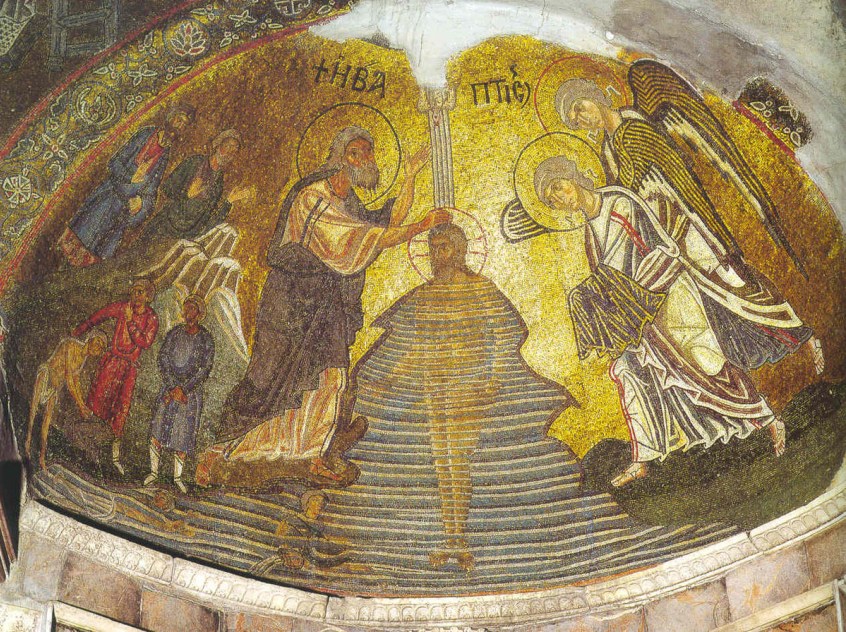An open letter to the Church of England's House of Bishops signed by more than 1500 people – including senior members of the clergy – has called on them to 'revise, postpone or withdraw' their controversial guidance on services of welcome for transgender people.

Among the signatories are the former Bishop of Rochester, Rt Rev Michael Nazir-Ali, Rt Rev Graham Dow, Assistant Bishop of Chester, Ven Dr Edward Dowler, Archdeacon of Hastings and the Archdeacon of Bath, Ven Dr Adrian Youings.
The bishops issued the guidance under the chairmanship of the Bishop of Blackburn, Rt Rev Julian Henderson, who later confirmed that he personally opposed it.
It encouraged clergy to be 'creative and sensitive' in using liturgy to enable people to mark a major transition in their lives and formally commends the incorporation of the existing rite for the Affirmation of Baptismal Faith into services which mark gender transition.
It details how elements including water and oil can be incorporated into the service and makes clear that trans people should be addressed publicly by their chosen name.
However, the letter – which has not yet been widely publicised – says the bishops' guidance fails to take account of the contested nature of gender dysphoria and of the harm that premature intervention has done. It says their document is 'undoubtedly well intentioned but lacks the serious theological analysis required to address the philosophical, anthropological and social issues in play in public discourse'.
It stresses that signatories are 'unreservedly committed to welcoming everyone to our churches and communities of faith', but says that 'we do not believe that the Guidance is the right way to do this, since it raises some significant issues for the Church's belief and practice'.

Among these are an apparent contradiction of a previous bishops' statement that no new liturgy would be offered for transgender people, a 'misuse' of baptismal liturgy, an apparent 'rejection of physical differentiation between male and female' which as well as being an 'almost universal biological reality' is also 'the basis of the Church's understanding of Christian marriage, is seen as an important feature of God's work as creator, and is a symbol of God's covenant relationship with humanity'.
It also says the guidance lacks consideration of the 'often traumatic' impact of gender transition on family members or of discussions in wider society about gender transition.
The letter argues that the guidance is a 'new policy statement' by the House of Bishops and ' if it stands will be appealed to in the future as signifying a change in liturgical and therefore doctrinal understanding, whether or not that was intended.'
Rev Dr Ian Paul, a member of the General Synod and of the Archbishops' Council – and a signatory of the letter – told Christian Today: 'This is an area of debate that people are very cautious about commenting on. The fact that so many, from a wide range of traditions in the Church, have been prepared to 'put their heads above the parapet' is an indication of the strength of concern expressed here.
'The letter has been signed by 800 clergy, including area deans, archdeacons and retired bishops, as well as 700 lay members, including members of Synod, Church wardens and PCC members. But the most important thing here is not simply the numbers, but the fact that the letter highlights really important doctrinal, liturgy and pastoral issues that have not been adequately addressed. 'The bishops really need to think again and consider these things properly.'
He added: 'This is just the start, before the letter has been given any open publicity. Once it is more widely known, many more will sign.'













